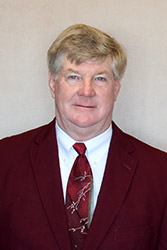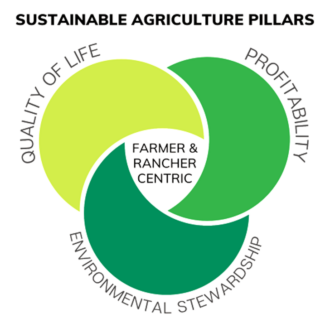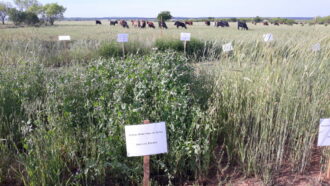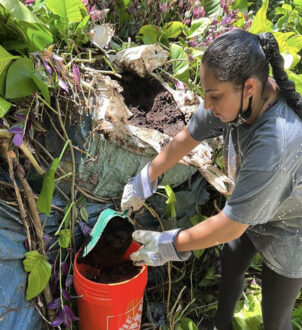
Sustainable Alternatives to Treating Mastitis in Organic Dairy Cows
Mastitis – an inflammatory disease of the mammary gland caused by bacterial infection -- is a major limiting factor of milk production in the dairy industry, and costs ranchers in discarded milk, early cow culling, veterinary services and treatment. With bacterial resistance to traditional antibiotic treatments increasing, finding alternatives to manage mastitis is becoming increasingly important, especially in the organic dairy industry.
Texas A&M University researchers have received a $29,938 On-Farm Research Grant to evaluate the efficacy and feasibility of using anti-biofilm hyper-activating (AHV) compounds as an alternative treatment for mastitis. AHV compounds work by inhibiting bacterial growth without inducing antibiotic resistance after repeated exposure.
Check out the Texas A&M Agrilife Extension publication that discusses strategies currently being evaluated to manage mastitis:
The goal of the project is to address consumer concerns surrounding antibiotic use, reduced milk quality, and animal welfare, while also helping ranchers improve animal health, boost productivity, and reduce farm management costs.
In the first year of the 2-year project, researchers enrolled over 200 dairy cattle from a commercial dairy farm in central Texas in the study. Cows were randomly assigned to either the control group or the treatment group, with the treatment group receiving a plant-based anti-biofilm pill and the control receiving standard USDA organic program-approved mastitis management without AHV or antibiotics.
Cows will be monitored for clinical signs of mastitis and milk samples collected before treatment and 30 days after treatment. Udder health, milk quality, cow performance, and economic outcomes will be compared between the two groups.
Results will be forthcoming, with the project scheduled to end March of 2026.
State Contacts
SARE State Coordinators are vital for expanding sustainable agriculture training for Extension, NRCS, and other agricultural professionals, who will then help producers transition to a more sustainable agriculture.

Vanessa Corriher-Olson
SARE IN TEXAS

million
The Texas Sustainable Agriculture Research and Education (SARE) is a professional development program sponsored by the Southern Region SARE and co-coordinated by Texas A&M University and Prairie View A&M University. We work together to deliver a program that enhances the environmental, social, and economic sustainability of the state through research and education. Texas SARE partners with researchers, extension faculty, producers, and community organizations to research and implement the best science-based practices available in all aspects of the Texas agricultural system. In addition to research, SARE is dedicated to providing education in sustainable agriculture through various trainings offered each year.
Recent News From TEXAS
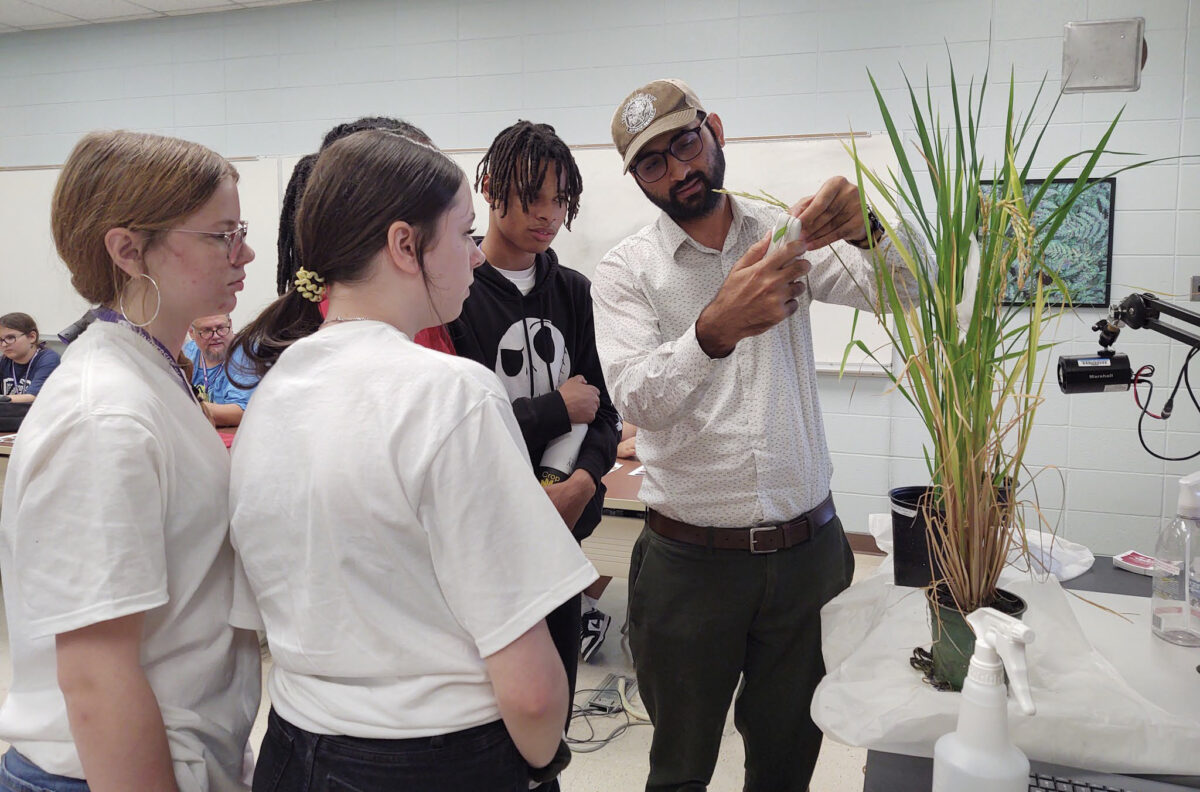
Southern SARE Awards Young Scholar Enhancement Grants for 2025
GRIFFIN, Georgia – The Southern Sustainable Agriculture Research and Education Grant program (SSARE) is giving young researchers an opportunity to learn more about sustainable agriculture. Through the James Harrison Hill, Sr. Young Scholar Enhancement Grant program, high school and undergraduate students are working alongside researchers on SSARE-funded projects, ranging from disease management to soil health […]


